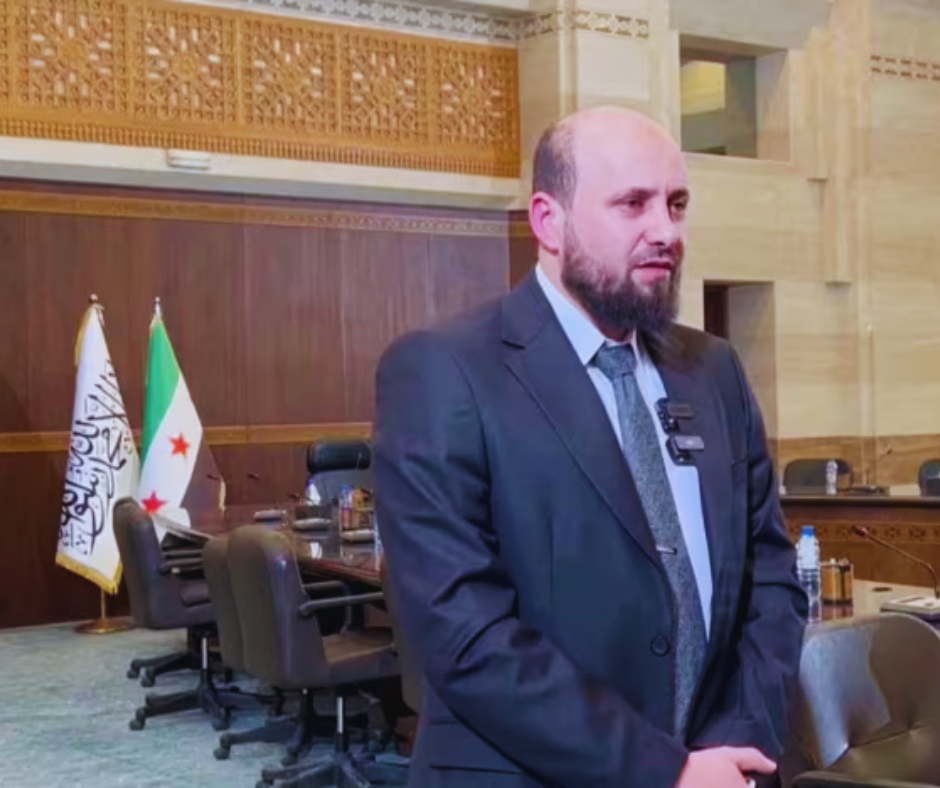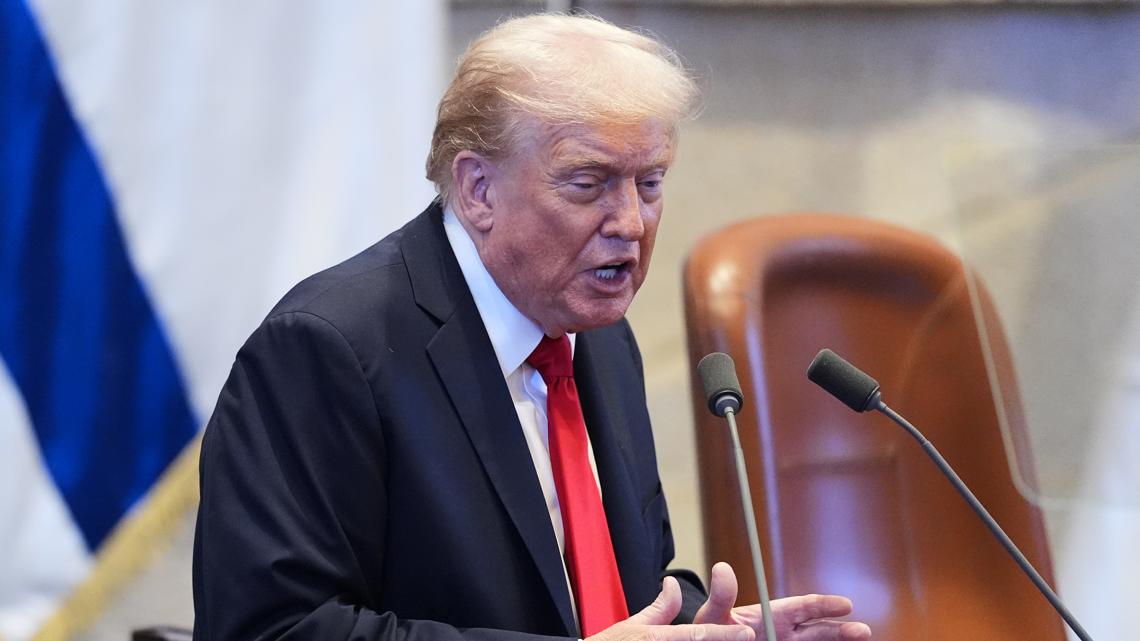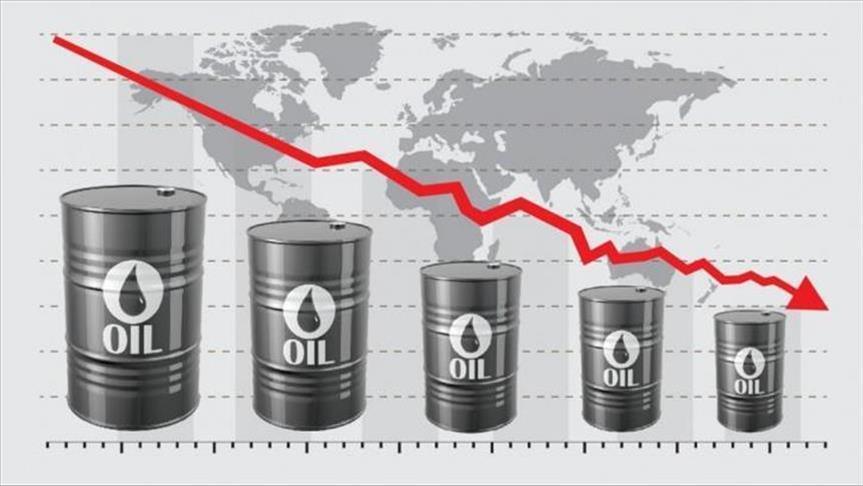DAMASCUS: Syria’s newly appointed transitional prime minister, Mohammad al-Bashir, has called for “stability and calm” in the country following the dramatic overthrow of long-standing president Bashar al-Assad. In his first interview since being appointed, Bashir emphasized the need for peace and recovery as the nation emerges from years of war.
Bashir was selected by the rebel forces to serve as the head of the interim government until March 1. In a conversation with Qatar’s Al Jazeera, he expressed optimism for the country’s future: “Now is the time for the people to enjoy stability and calm,” he said. His comments followed the dramatic weekend events that saw Assad flee Syria as an Islamist-led opposition alliance advanced into the capital, Damascus, marking the end of over five decades of Assad family rule. A senior official confirmed that Assad is currently in Moscow.
Abu Mohammed al-Jolani, leader of the rebel group Hayat Tahrir al-Sham, which spearheaded the offensive, had previously called for a peaceful transition and pledged to pursue former officials linked to war crimes and torture. Jolani assured British broadcaster Sky News that Syria is “exhausted” from years of conflict and will not relapse into war. “The country is moving towards development and reconstruction. It’s heading towards stability,” he said, emphasizing that Syria is not prepared for further conflict.
Despite its ties to Al-Qaeda, Hayat Tahrir al-Sham has been working to moderate its image, although it remains labeled a terrorist organization by many Western nations. US Secretary of State Antony Blinken reiterated the importance of a “credible, inclusive, and non-sectarian” government in Syria, urging nations to support a political process that respects minority rights and promotes peace. The US also underscored the need to prevent Syria from becoming a haven for terrorism.
While the Islamic State group no longer controls territory in Syria, its remnants remain active. The Syrian Observatory for Human Rights reported that ISIS fighters killed 54 government soldiers after capturing them during their retreat across the desert.
The UN envoy to Syria, Geir Pedersen, called on rebel factions to transform their messages of unity and inclusivity into concrete actions. He stressed that the world would be watching to see if these ideals are upheld in the coming weeks.
European Union foreign policy chief Kaja Kallas expressed concerns over the risks of sectarian violence and extremism, drawing comparisons to the devastating consequences seen in Iraq, Libya, and Afghanistan. “We must avoid repeating these horrific scenarios,” she warned.
The fall of Assad has sparked a desperate search by families of the tens of thousands of detainees held in Assad’s notorious prisons. Rebel forces have freed thousands of prisoners, but many remain unaccounted for. The White Helmets, Syria’s volunteer rescue workers, have called on Russia to pressure the new leadership to release prison records and provide maps of secret detention centers.
A large crowd gathered outside the infamous Saydnaya prison, known for its brutal torture, in hopes of finding missing loved ones. “I’m looking for my brother, who has been missing since 2013. We think he’s here,” said one woman searching for her sibling.
In the wake of Assad’s removal, the United Nations called for accountability, stressing that those responsible for war crimes must face justice. UN investigators, who have been collecting evidence of atrocities, now have the opportunity to access key crime scenes.
Jolani, now using his real name, Ahmed al-Sharaa, vowed to hold accountable those responsible for the suffering of the Syrian people. “We will not hesitate to pursue the criminals, the murderers, and the security and military officers involved in the torture,” he stated.
Regional Tensions and Strikes
As Syrians celebrated the ouster of Assad, Israel launched a series of airstrikes on Syrian territory. The Israeli military claimed to have targeted key military sites, including weapons depots, naval vessels, and a research center suspected of being linked to chemical weapons production. The UN special envoy to Syria, Pedersen, called for an end to Israeli airstrikes, which he described as a destabilizing force in the region.
Israeli Prime Minister Benjamin Netanyahu warned that his country would respond “forcefully” if Syria’s new leadership allows Iran to establish a presence in the country or permits the transfer of weapons to Hezbollah. The Israeli military also entered the UN-patrolled buffer zone near the Golan Heights, heightening tensions.
Meanwhile, fighting continued in northern Syria, where clashes between Turkish-backed forces and Kurdish-led groups have left at least 218 dead over the past three days, according to the Syrian Observatory for Human Rights.
As Syria navigates this critical juncture, the focus remains on rebuilding the nation and ensuring that the new government delivers on promises of stability, justice, and inclusivity for all Syrians.




